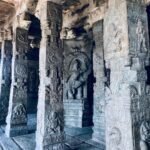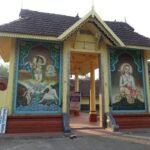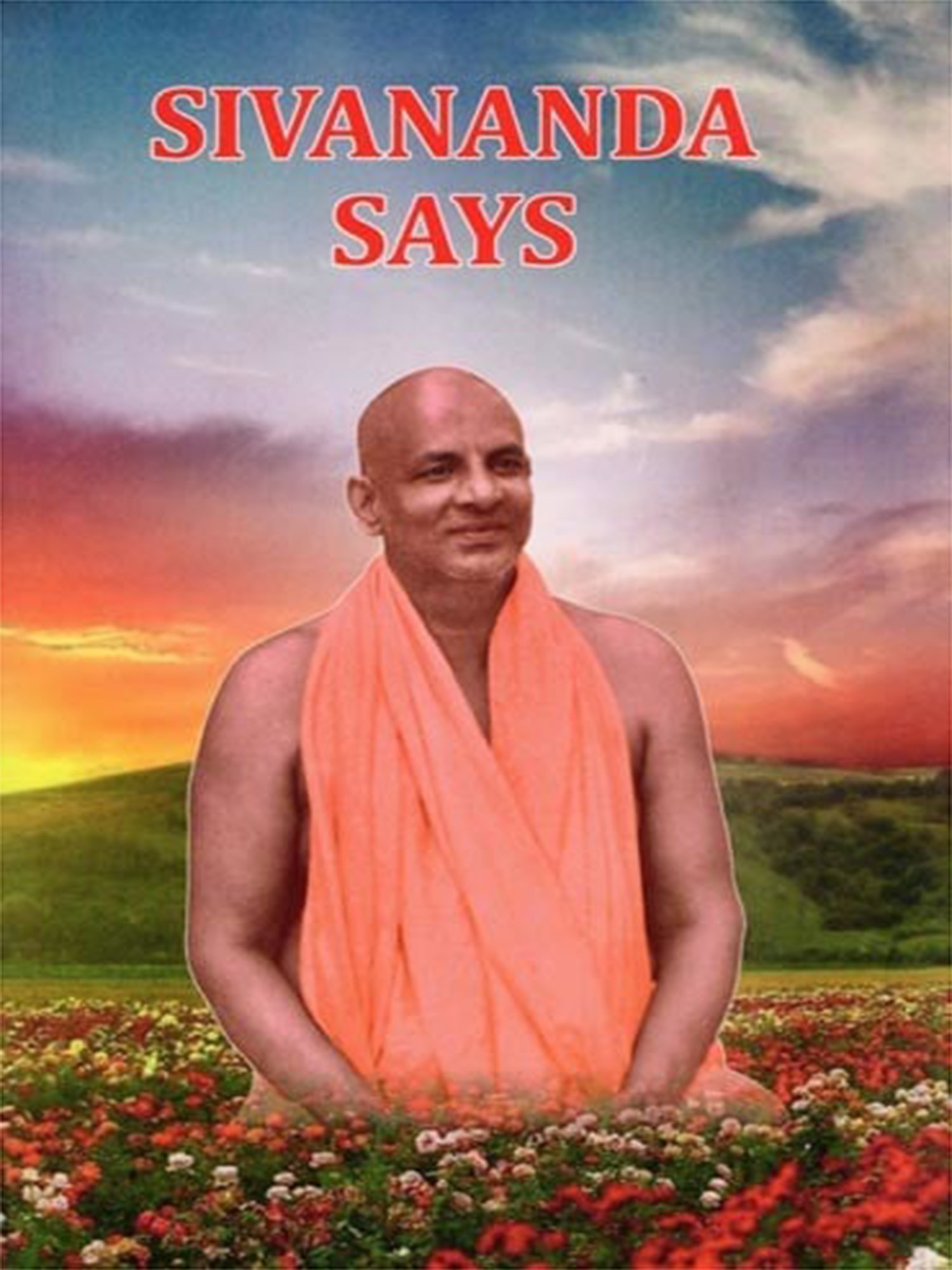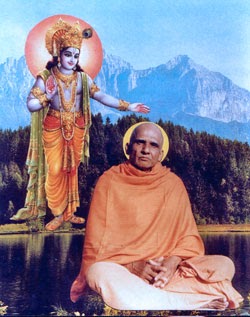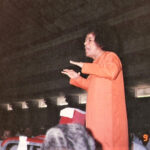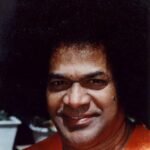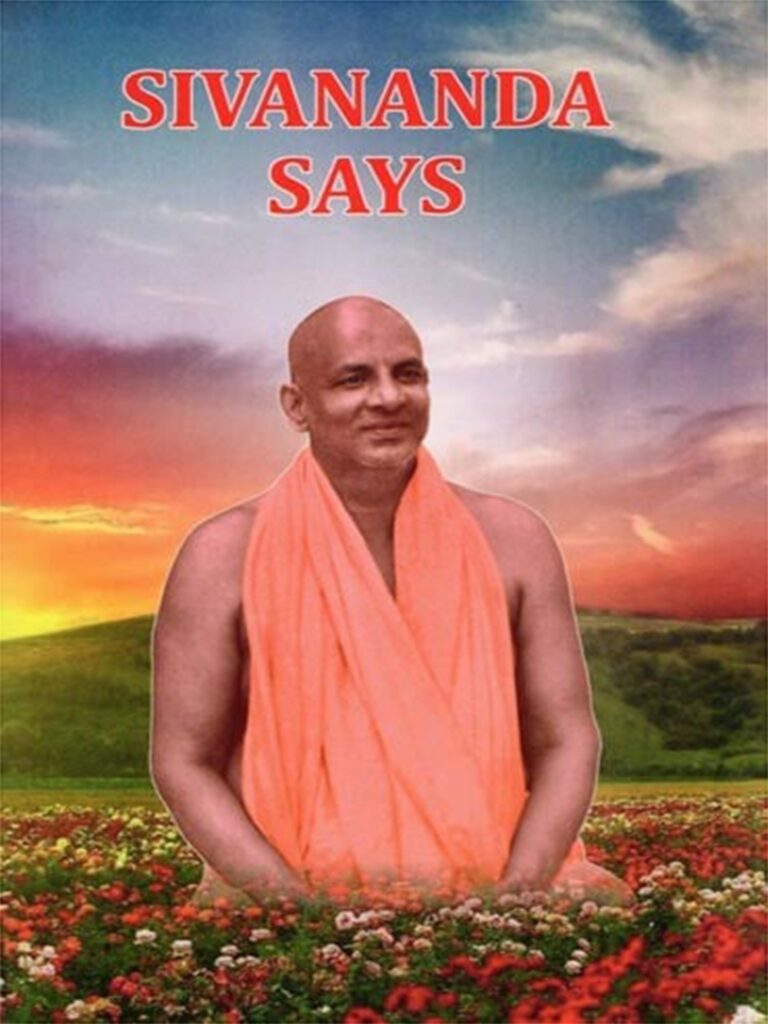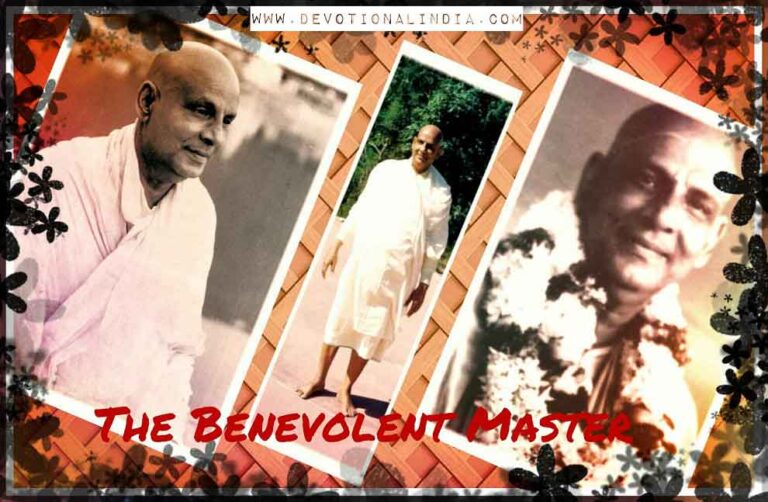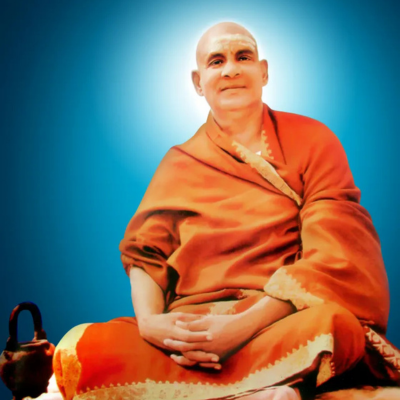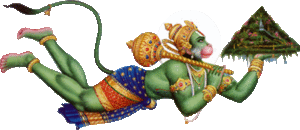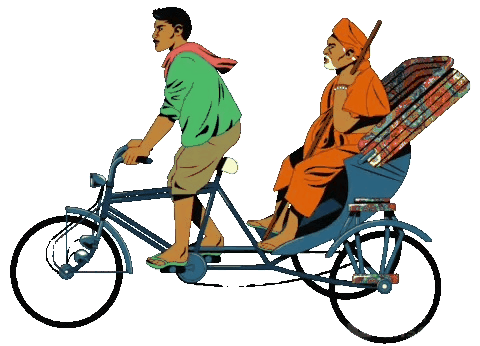summer showers in (1977)
summer showers in (1977)
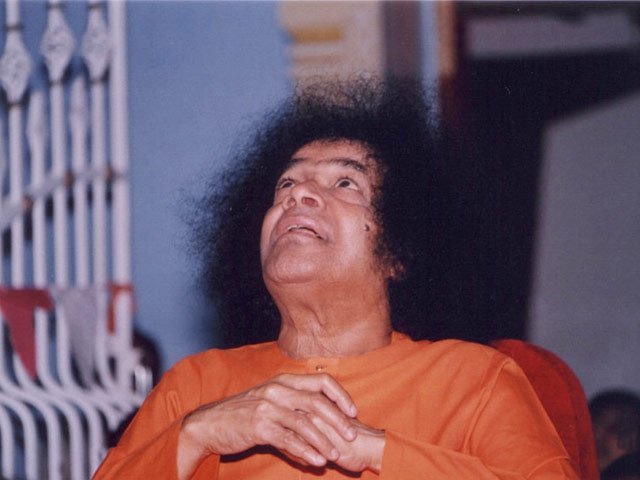
Summer Showers in Brindavan 1977 is a volume of discourses given by Sri Sathya Sai Baba during the annual Summer Course on Indian Culture and Spirituality at Brindavan (Whitefield, near Bangalore) in May 1977. The theme for that year centers on the Ramayana, the ancient Indian epic, interpreting its characters and events as ideal models for spiritual living and inner transformation. Sai Baba uses the stories of Rama, Lakshmana, Sita, Hanuman, Ravana, and others not just as myth but as living symbols — each embodying virtues (such as steadfastness, devotion, sacrifice, truth, compassion) or pitfalls (ego, desire, attachment, misuse of power) which seekers must study, emulate or avoid.
One of the frequent injunctions is that karma (action) is invincible — meaning that the law of cause and effect cannot be evaded, irrespective of one’s knowledge or external power. Ravana, despite his scholarly learning, Vedic knowledge, and might, could not overcome his inner impurities because knowledge without right action, humility, surrender and self‑awareness is of little avail.
Swami emphasizes the supremacy of the Atma (the Self) as the underlying reality of all beings. The Ramayana characters are ideal models because they manifest, in various degrees, the divine presence, moral courage, and surrender to dharma. Lakshmana’s fidelity, Rama’s adherence to duty, Sita’s purity, Hanuman’s devotion are all shown as traits to be cultivated. The text acts as a mirror: one should see one’s own life in their struggles and victories, and strive to align one’s thoughts, speech and action with these ideals.
Another important teaching is that sorrow is not natural to man but arises through ignorance, unfulfilled desires, ego, mistaken identification with the temporal body or external identities. Through meditation, moral uprightness, control over the senses, selfless service, company of the good, one can gradually purify one’s mind.
Practical disciplines like clean food, self‑restraint, truthful speech, humility, mind control (true yoga) are underlined repeatedly. Swami warns against mere book‑learning, or externals of religion without inner change. The focus is on transforming character, not only accumulating knowledge or ritual observances. It is in the daily small choices of honesty, generosity, compassion, sincerity that spiritual growth happens.
Swami tells the students of the Summer Course that their present youth is the right time to absorb sacred ideals and practice them. He encourages them to speak less about ideals and live them; to digest what is taught — not simply hear but reflect, assimilate, act. They must become living examples in their homes, among friends, in society.
Finally, Summer Showers 1977 presents the Ramayana not only as a historical myth or story, but as a timeless script for inner life: the chariot of one’s life should be driven by God and Dharma (righteousness) as its two wheels. In this way, the ideals of the Ramayana become a compass for personal growth, moral clarity, purity of heart, surrender, and gradually the realization of one’s oneness with the universal Atma.


